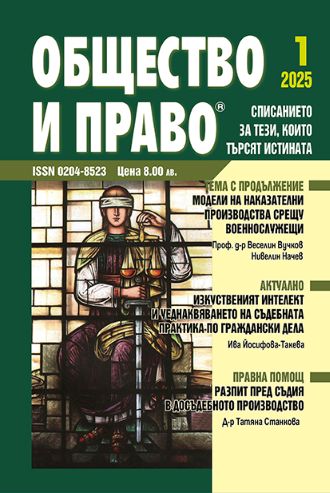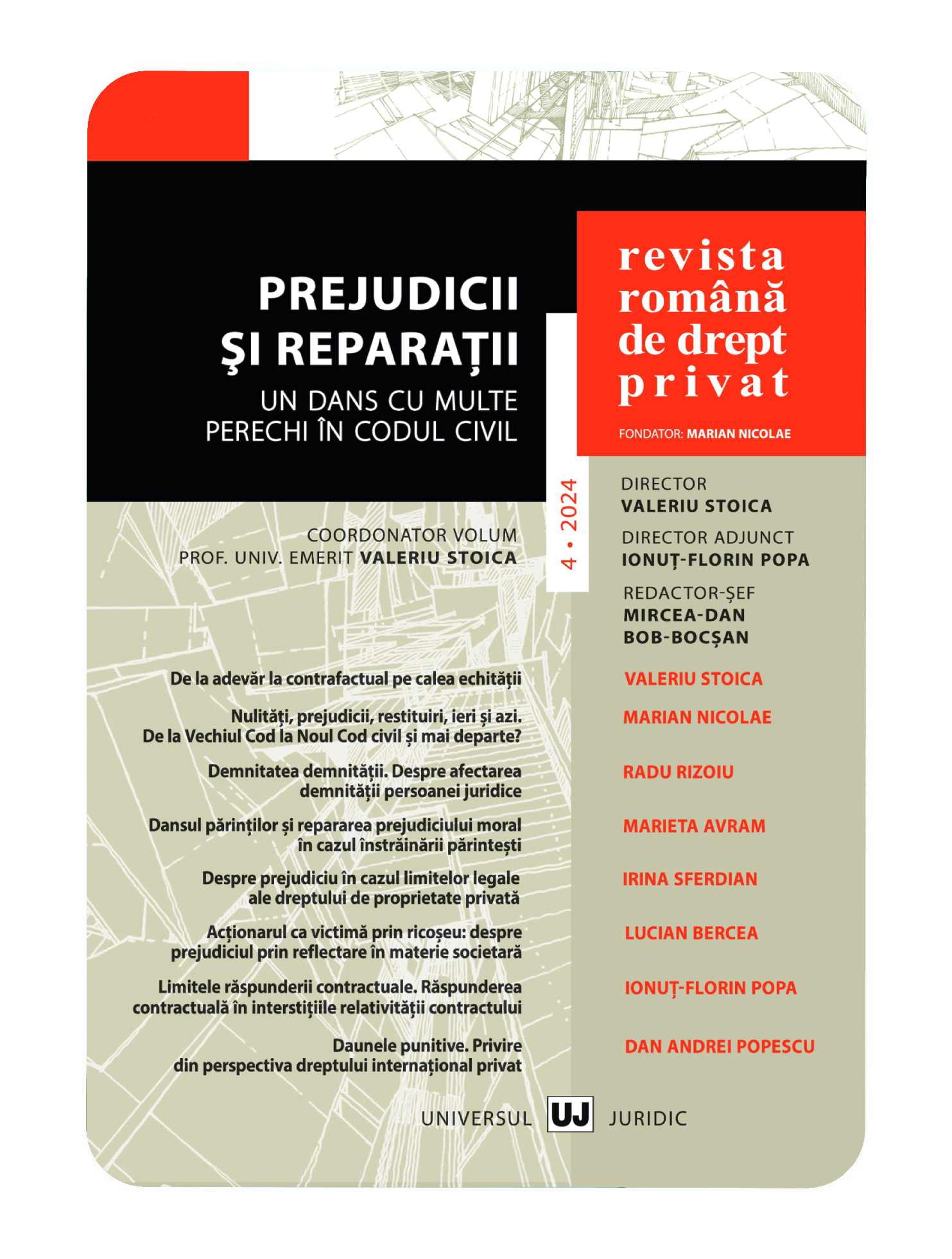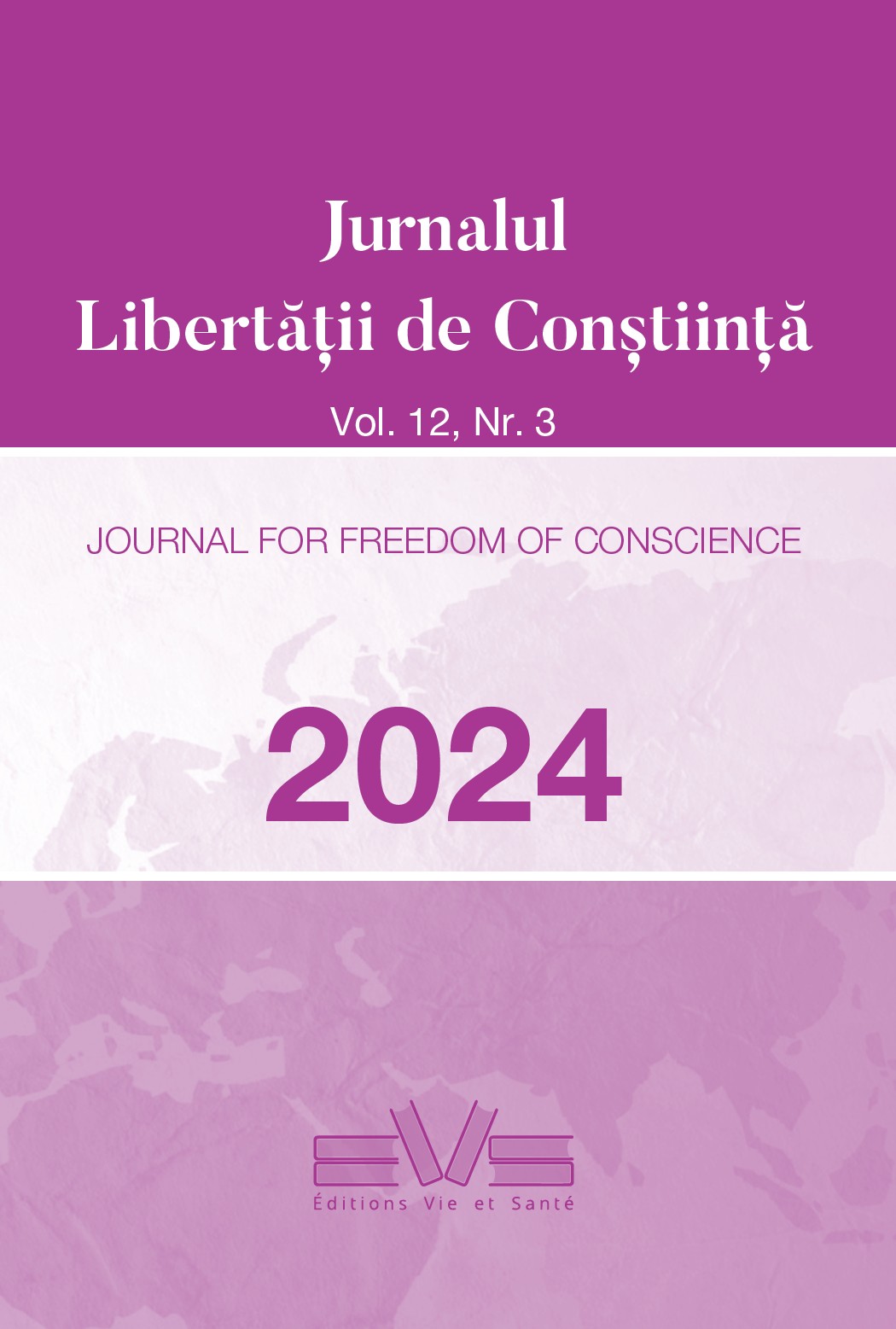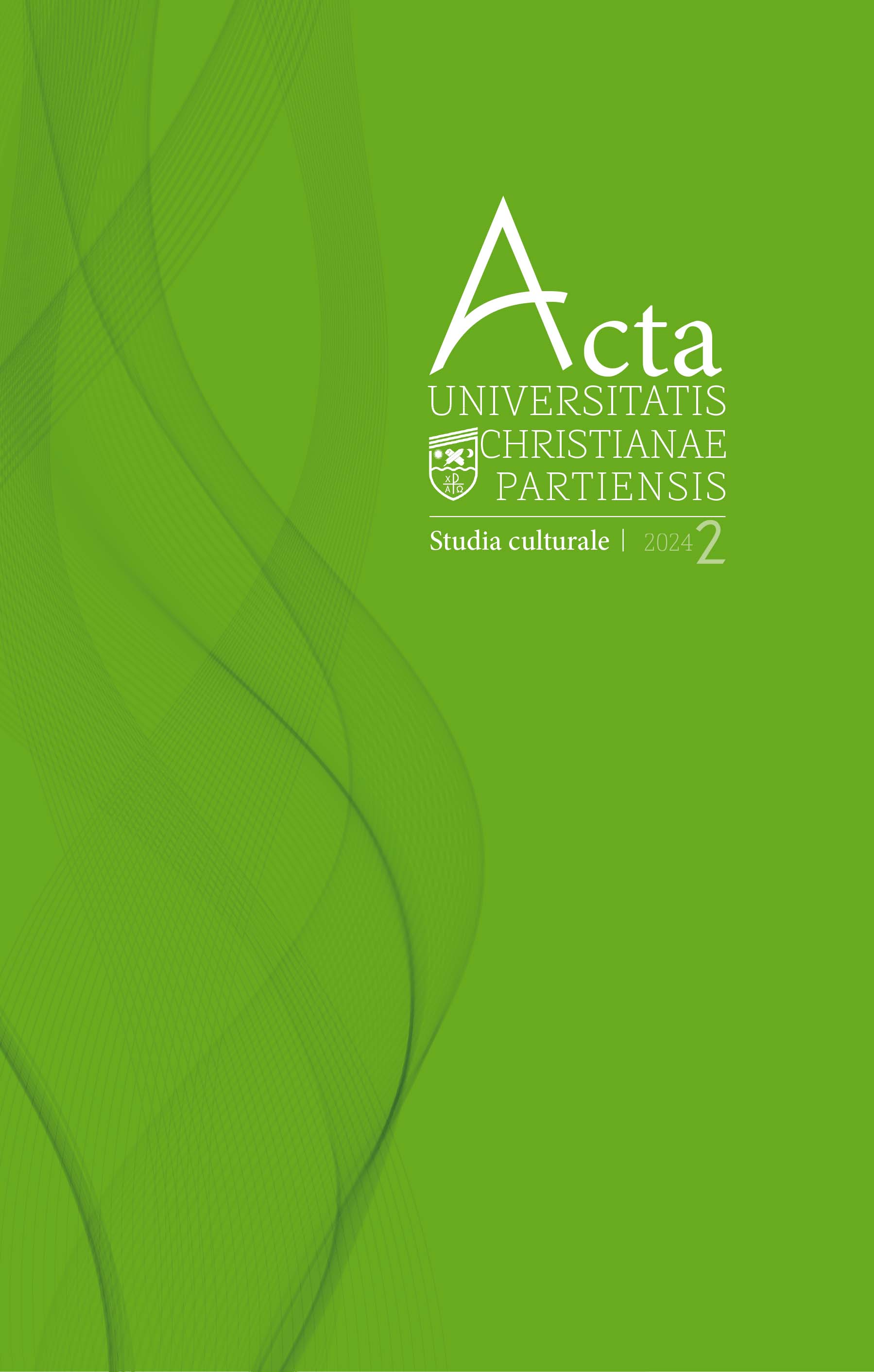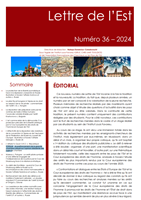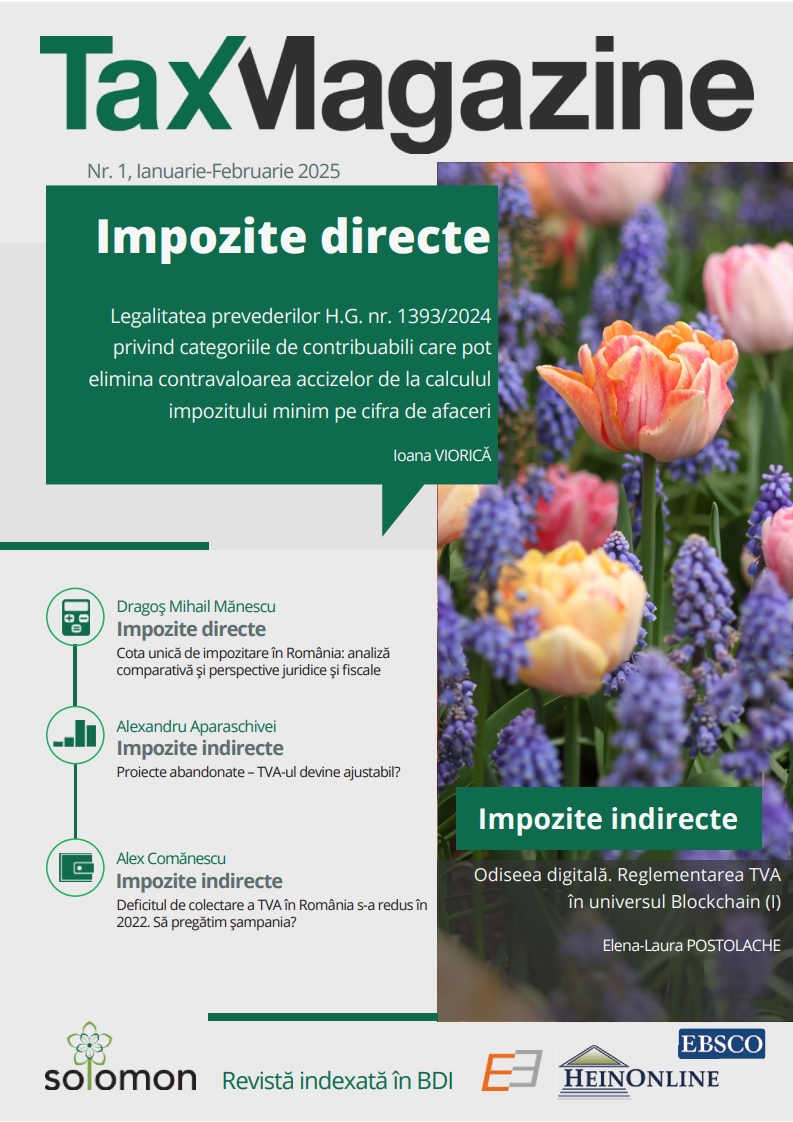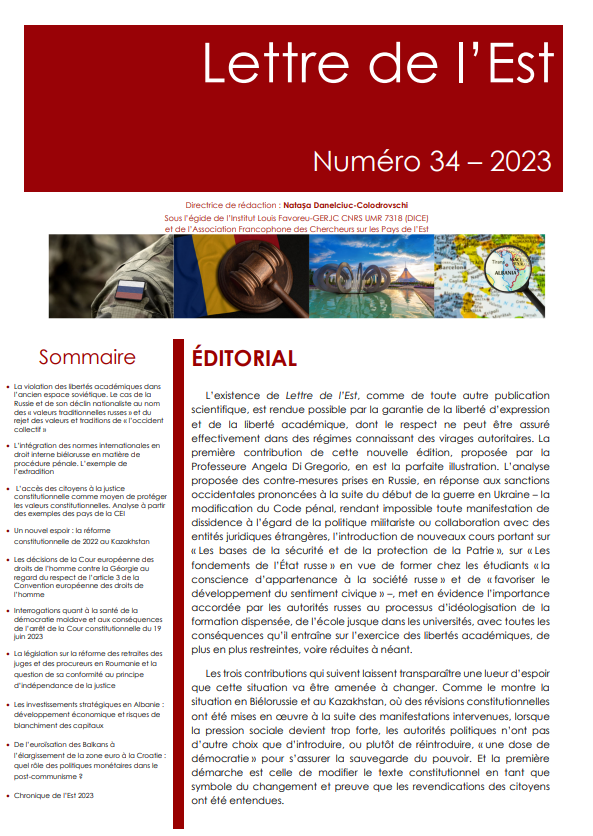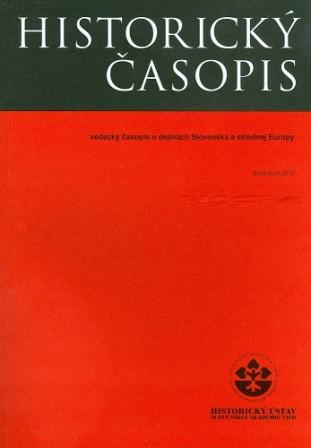
VZŤAH POZEMKOV A VECÍ S NIMI SPOJENÝMI NA ZÁKLADE ŽILINSKEJ PRÁVNEJ KNIHY
The paper based on the analysis of municipal law in the town of Žilina is concerned with legal relation of plots of land and the things attached to them. The town code of Žilina was an expression of the Magdeburg law and it reached Žilina through the influence of the town of Krupina. The tavernical law is also analysed, as well as some other Hungarian sources related to municipal law (especially the Opus Tripartitum). The analysis of these sources suggests that in spite of the absence of the superficies solo cedit principle as a visible rule, all disputable things related to the connection of a plot of land and a movable property or a construction are consequently solved by the unity of the property of such a plot of land and a thing connected to it. Such a solution can also be found especially in cases like constructions or other objects on a rented plot of land, but also in some other cases, like a flight of a hive to another plot of land. Conclusions formulated in this study are collected mostly from the area of the Žilina law or the tavernical law, but in contrast, such solutions are not to be found in the Bratislava law or in other towns. This fact is probably caused by the lower urbanization level of Žilina in contrast with Bratislava and in the density of constructions of these areas. By higher density of construction we can presume the lower level of constructing on such rented plots of land. If we can find such examples from the towncode of Žilina, it is possible to generalize this for other towns, too.
More...

